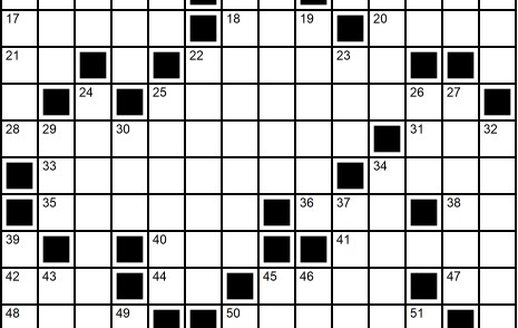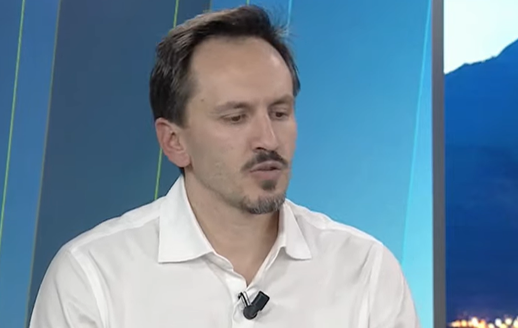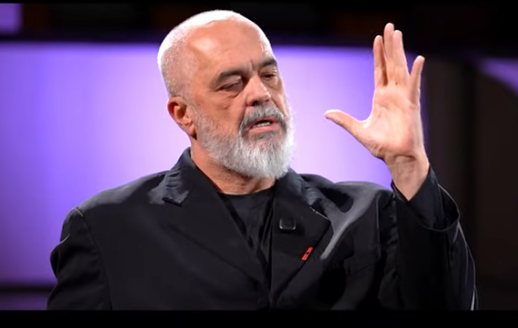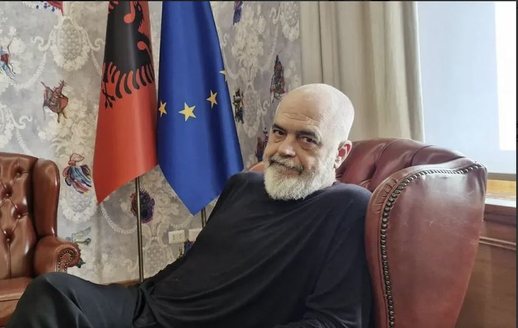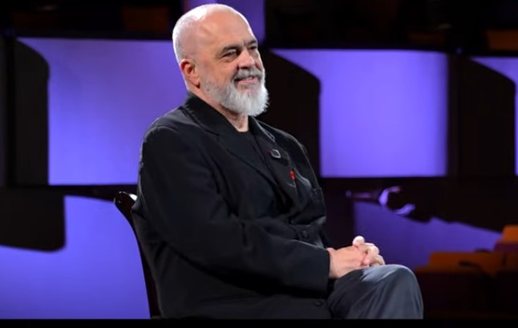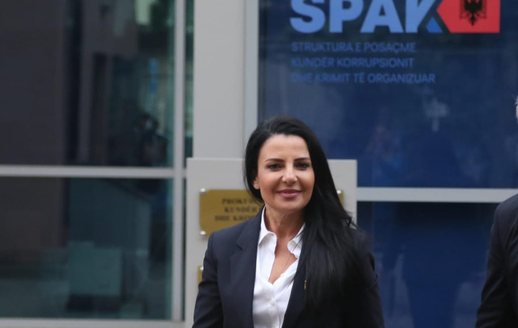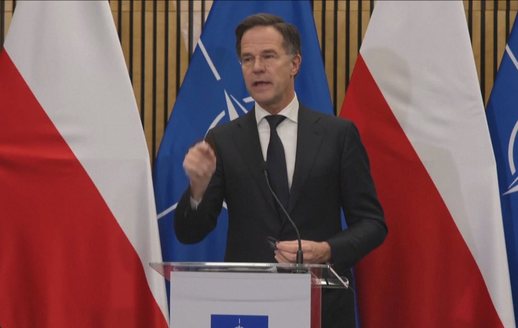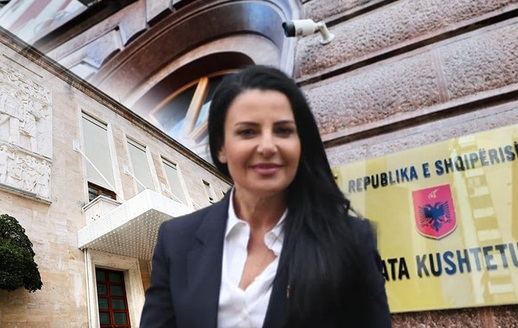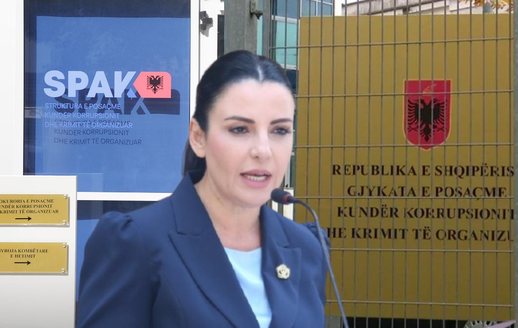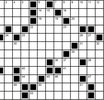
Albanian political communication today in the digital age!


In the digital age, political communication in Albania is undergoing a radical transformation, reflecting technological developments and global trends, but also reflecting the specific characteristics of the Albanian political reality and media culture. Today, politicians are no longer exclusively dependent on traditional media to transmit their messages; social networks such as Facebook, Instagram, TikTok and YouTube have become powerful platforms for political communication, often more influential than national televisions themselves.
Social networks as a political arena
Albanian political leaders have realized that social networks are no longer simply tools for disseminating information, but platforms for building an image, mobilizing the electorate, and creating public discourse. The strategic use of short videos, spontaneous live broadcasts, and humorous memes has become an effective way to attract the attention of the audience, especially the youth. Edi Rama, for example, is among the politicians who has invested in building a strong visual presence on the network, combining official communication with artistic and personal notes.
From dialogue to digital propaganda
However, this new era has also brought great challenges. Instead of a space for dialogue and constructive debate, we often have one-sided communication, where leaders talk but rarely listen. Platforms that are essentially built for interaction are in reality being used more for digital propaganda and reinforcement of the leaders' own narratives, rather than for building reciprocal communication with citizens.
Disinformation and lack of ethics
Another worrying problem is the rise of disinformation and manipulation via social media. In the absence of clear legal and ethical regulation, many political actors use “trolls”, “fake news factories” and algorithms to unfairly influence public opinion. This not only undermines trust in democratic institutions, but also fuels social division and political tensions.
The challenge for journalists and citizens
In this new reality, journalists face the challenge of verifying information and maintaining their role as guardians of the truth. Meanwhile, citizens must develop a new media literacy that helps them understand, filter, and critique the information they receive online.
For more responsible political communication
Political communication in the digital age requires transparency, honesty and a more democratic approach to the use of technology. Albanian politicians must look beyond statistics of clicks and followers, and invest in building a communication that strengthens the real connection with citizens, encourages participation and improves the quality of democracy./ Alfapress.al
Happening now...

83 mandates are not immunity for Rama's friends
ideas

"Preliminary sentence for Belinda Balluku", response to Baton Haxhiu

Teatri që fsheh prapaskenën

Berisha's red line and the black line of democracy in the DP
top
Alfa recipes
TRENDING 
services
- POLICE129
- STREET POLICE126
- AMBULANCE112
- FIREFIGHTER128
